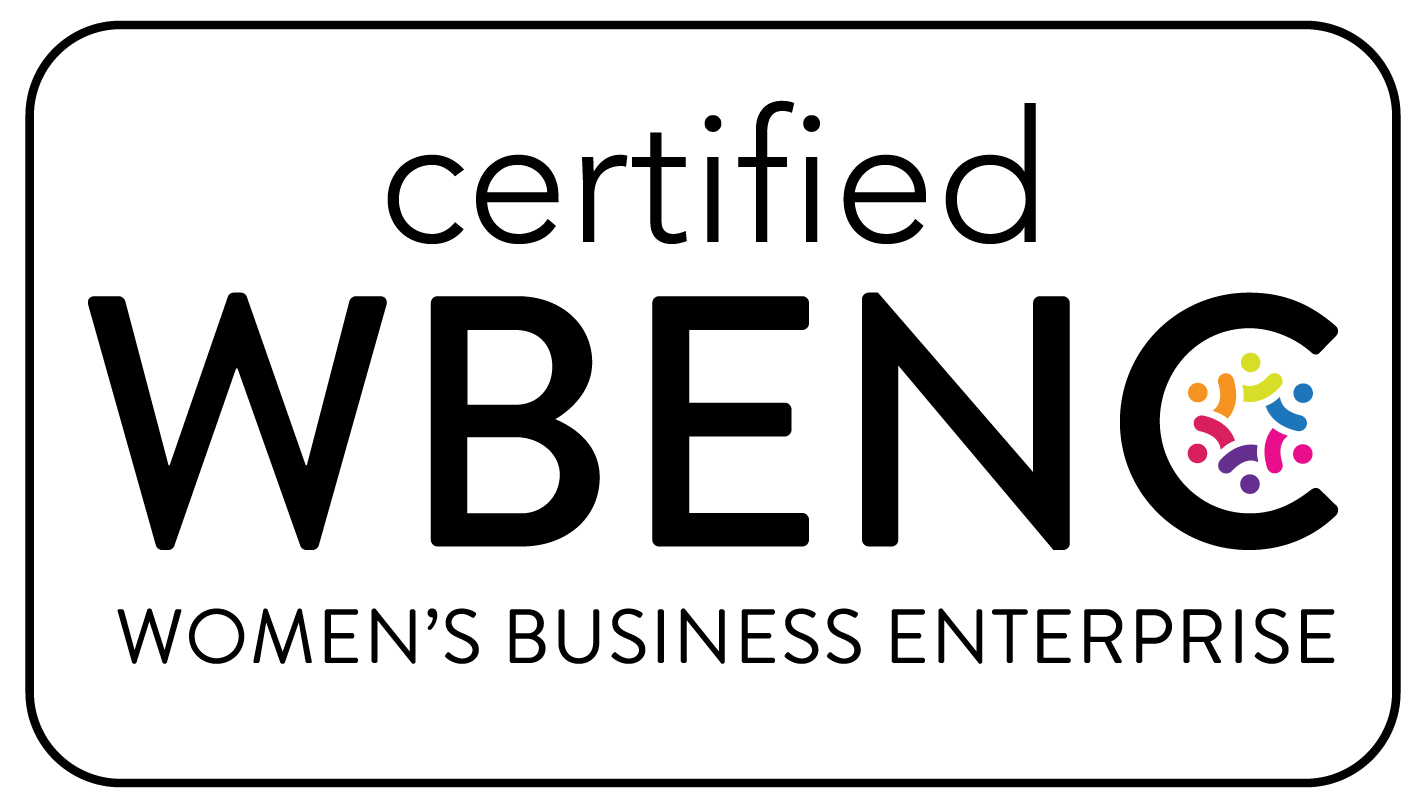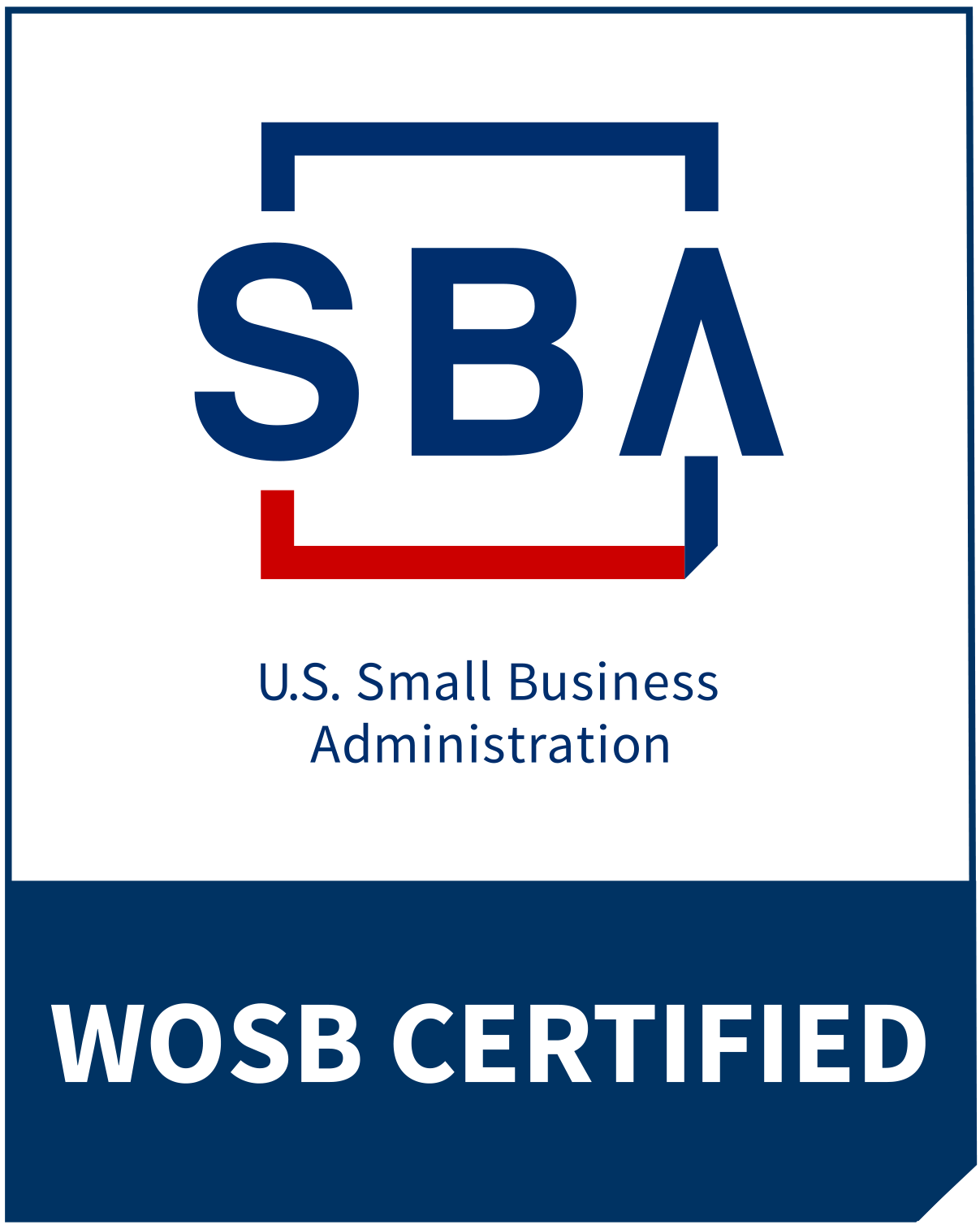We're amid federal government contracting season, the time in which the hard work of capture and proposal pays off when high-dollar IT contracts are awarded. But sometimes, the high of winning work subsides when it's time to seek and secure staff to fulfill the contract requirements.
CMGT watches job boards for intelligence on which companies are hiring for change management, strategic communications, and training positions on federal IT projects. In the eyes of our business development team, these job postings represent possible teaming and partnership opportunities. While I understand that the content of these job postings is usually lifted straight from request for proposal (RFP) language, there's endless bullet points in the “duties” section and unrealistic requirements under “qualifications”.
Finally, your recruiter locates someone who might be a fit for an ambitious position, and this person starts in their new role. However, consider the following LinkedIn post:

This is sound advice. I’ll be willing to bet that the new hire's understanding of the role didn't match reality. To ensure that candidates for change management, strategic communications, and training roles leave your interview with a good grasp of what will be expected of them, be prepared to answer the following questions:
Is this position part of a larger functional team?
Based on the expansive list of duties in the job description, the answer to this question should be yes. If the answer is no, you could be expecting a heavy lift of responsibilities from one resource.
Consider this: Is this a two (or three)-person role masquerading as a job for one?
Am I responsible for building a team?
If the answers to this question and question #1 are yes, maybe you’re expecting this person to be a pioneer. Their job is to embed themselves with the client team, gain a better understanding of requirements, and report back to your company on resources needed to fulfill those requirements.
Consider this: Since this person is billable, is your company expecting this candidate to possess both the strategic and tactical skills to assess and clarify requirements, assess the client team itself, gain their trust, help to vet contract resources to build the team, and help perform the work? If so, you’re expecting them to build a program, essentially. What incentive are you giving this person, whose title is probably specialist or analyst, to build this program?
However, if the answers to questions #1 and #2 are no, you might have a role advertised for one person that would be best handled by two or three resources.
What kind of support can I expect from you in this position?
Translation: Your company’s support will be behind the team assembled to handle the technical side of this project. Will the person in this role (and their team) receive the same support from you? Or are you expecting this team to hit the ground running and just “get it done”?
Consider this: Are the change management, strategic communications, and training roles/teams a part of the technical team? Or do they exist on a functional island all on their own?
If you’re expecting to find a multi-talented, strategic, and tactical superstar for a very ambitious role with no functional team or reach-back support from your company, then your expectations are unrealistic (especially at the salary you’ve allocated for it). To fulfill these change management, strategic communications, and training requirements, consider engaging a teaming partner with this specialization who can focus on this part of the contract while your company focuses on fulfilling the technical requirements.



